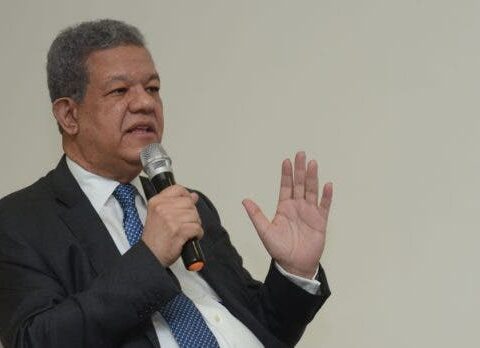the services of sexual health and reproductive health in Latin America and the Caribbean went back some 30 years because of the pandemic of the coronavirus, the regional director of the United Nations Population Fund (Unfpa), the Costa Rican Harold Robinson, said in an interview with Efe.
Robinson gave the example of women’s access to contraceptives, whose recoil it was located in 2021 “more or less” at the levels of 1990, which is “outrageous”, he pointed out.
“If one applies that to all areas that is a recoil more or less 30 years old,” he said in the interview.
The situation was due to the fact that many countries limited these services in the midst of the pandemicwhile organizations that work in favor of women’s rights were forced to move resources to other areas of health.
Because of this, sexual and reproductive health services had a “very strong” impact, Robinson acknowledged.
This contributed to an increase in unwanted pregnancies, thousands of them early.
According to data provided by Unfpa, last year almost 12 million women in 115 countries lost access to family planning services, which caused 1.4 million unplanned pregnancies.
In these countries, according to the data, women faced an average interruption of family planning services of around 3.6 months in the last year.
The pandemicRobinson pointed out, did nothing but accentuate inequality in the region, especially among the most vulnerable.
Latin America, the most unequal region on the planet, he pointed out, “is the one that suffers the most, has the highest lethality, where the most people die” due to COVID-19.
“The pandemic uses fuel for people who are much more vulnerable,” added Robinson, who is visiting the Dominican Republic for the Dialogue of Drums, an event on Afro-descendants in the country.
Another effect of the pandemic was the increase in cases of gender violence.
The first wave of pandemic produced the callpandemic of domestic violence” because the women were confined with their aggressors, “which makes women more vulnerable,” she specified.
According to data provided by the UN last November, one in two women experienced or knew of a case of gender-based violence during the confinement.
“Almost all dimensions of the pandemic They affect the most vulnerable people much more, hence the UN proposal to rebuild again, but better,” continued the UNFPA regional director in the interview.
Robinson Davis also discussed teen pregnancy in Latin America, the region with the second highest number of early pregnancies.
This is a “deeper” issue that requires a comprehensive policy to address it, and gave the example of countries like Uruguay where sex education policies have helped reduce teenage pregnancies.
UN data indicates that in Latin America and the Caribbean there are 62 births per 1,000 adolescent girls between the ages of 15 and 19.








